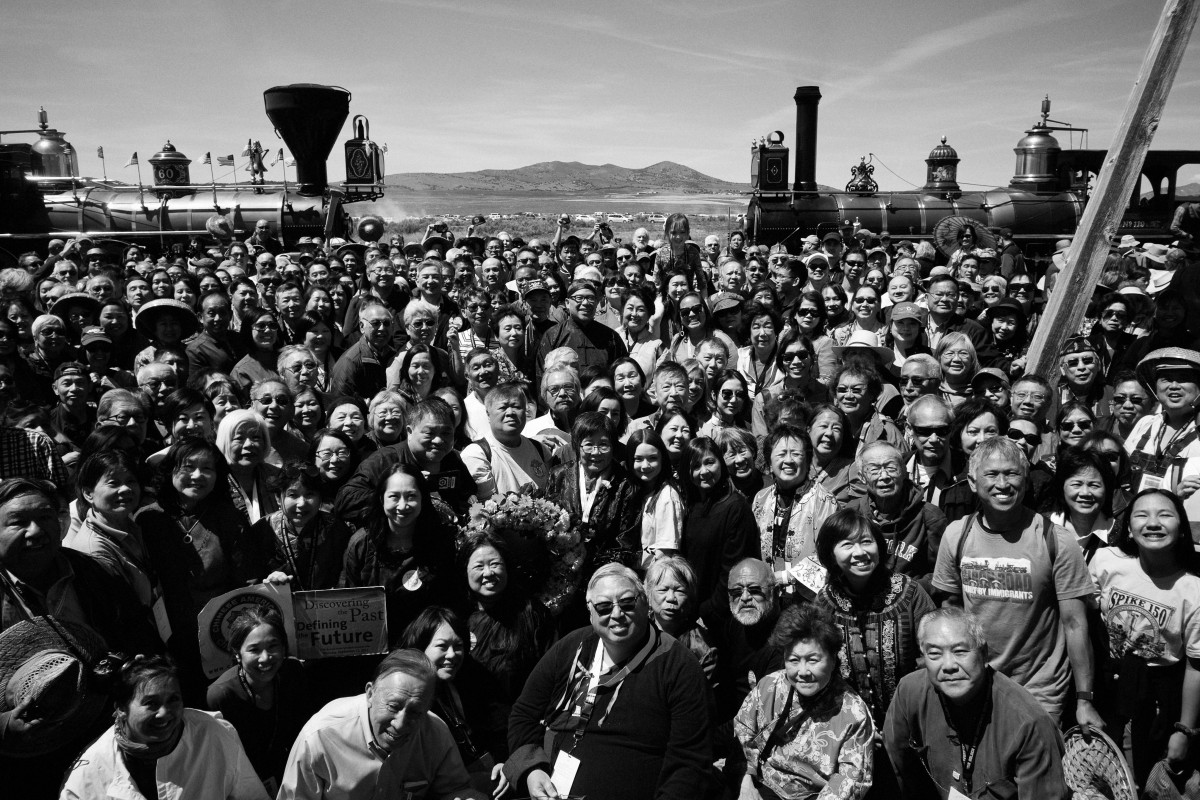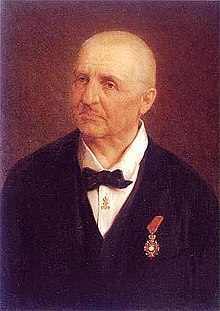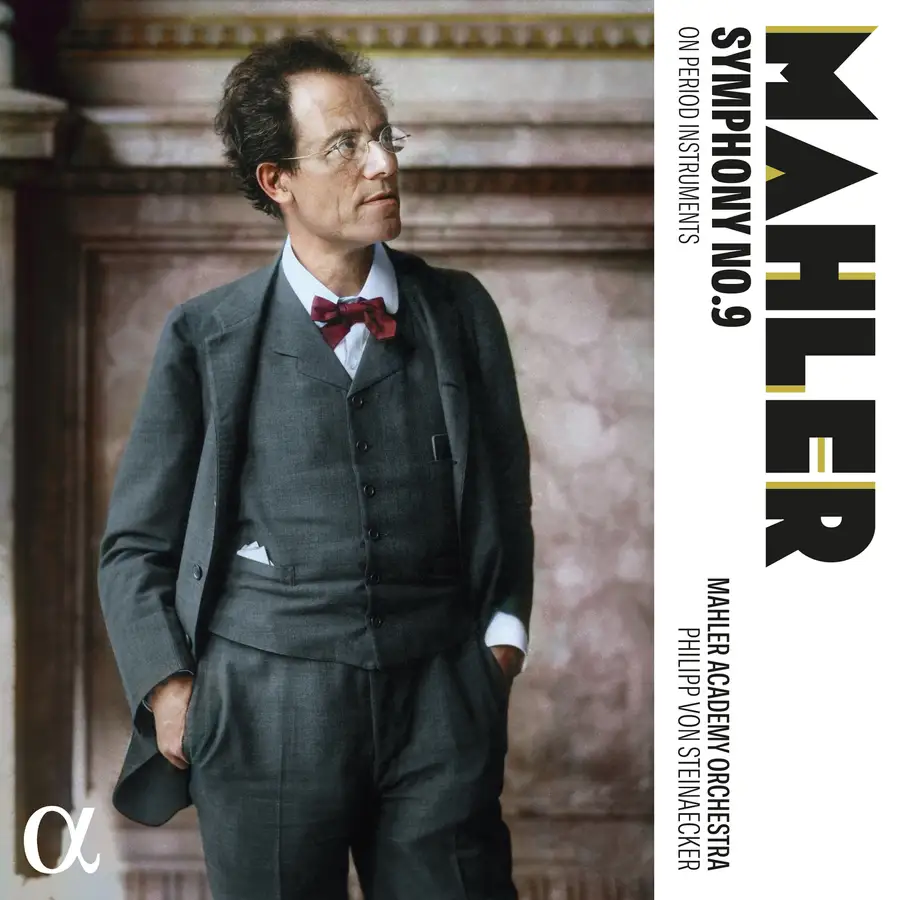
Click to Enlarge. New York photographer and activist Corky Lee’s 2019 reenactment of the iconic 1869 photograph, but with the descendants of Chinese railroad workers and other Chinese-Americans. Photo: Alan Chin
New York Diary (20-18): May 10th, Today in History
To the Chinese who Built America's Transcontinental Railroad
Addendum 1: After I wrote this article, I as usual watched my favorite old TV show Cold Case. What do you know, today's episode was about a Japanese American family who endured Internment from 1942-43 (an eternal stain on FDR's Laurels). The son enlisted and died for his country. That resonates with me as the Asian American Soldiers, like their Black counterparts, were known for their discipline and bravery during the war, when their country blatantly discriminated against them.
Addendum 2: Tomorrow, May 11th, at 8 pm, Public Television is airing the first 2 hours of the new 5-hour documentary Asian Americans (all Asians). On May 12th, at 8 pm, the next 3 hours will be aired. I sure will be watching. Perhaps you can join.
Today happens to be Mother's Day, but May 10th is a much more important date than that. May 10th, 1869, was the day America's first Transcontinental Railroad was finished, ushering in a whole new era for the country. Today is the 151st Anniversary. Today is a good time to remember the despicable injustices the US government inflicted on the early Chinese workers, and the bigotry Chinese Americans today still face, especially in these times of the trade war and coronavirus. Even on the supposedly equal-for-all platforms of Equity and Social Justice, played out in politics and in school education, the Chinese are marginalized, even ignored.
The Chinese who worked on the Railroads were actively recruited by the US government, because the Americans did not want the hard work. Most of them were recruited from Canton (now Guangzhou province), China, around the same time Cuba recruited for their sugar plantations (see my related article on the Cuban Chinese). Around a thousand died during the building. Not long after the Railroad was finished, the US in 1882 passed the Chinese Exclusion Act, which was not repealed until 61 years later, in 1943, when China had become an ally of the US against Japan in World War II, as the US needed to embody an image of fairness and justice.
Not even one Chinese face is to be found in the iconic 1869 photo. The top is the 2019 reenactment photo on the 150th Anniversary, in the excellent report by Hong Kong's SCMP (you will find the 1869
original too; I cannot bear to look at it). Here's is another report from Reuters. More below on the featured Chinese American Historians:
Voices from the Railroad: Stories by descendants of Chinese Railroad Workers Co-edited by Sue Lee and Connie Young Yu, the full-length book features first-hand narratives by descendants of Chinese workers who built US Transcontinental Railroad
 The Transcontinental Railroad was the work of giants. The building of 15 tunnels in the Sierra Nevada, the towing of locomotives and rails for 28 miles over the summit, the laying of ten miles of track in one day. The courage and daring of the Chinese in doing the impossible has been omitted from American history. Setting the record straight has been the driving force of the Chinese Historical Society of America (CHSA) since its founding. In 1969, the Chinese Historical Society of America initiated an effort to obtain recognition for the Chinese who helped to build the first Transcontinental Railroad at its 100th anniversary celebration. The plan was to produce and install commemorative plaques at the two ends of the Central Pacific Railroad—in Sacramento and Promontory Summit. The Centennial Committee invited Phil Choy as President of CHSA to speak at the May 10th 1969 ceremony at Promontory.
The Transcontinental Railroad was the work of giants. The building of 15 tunnels in the Sierra Nevada, the towing of locomotives and rails for 28 miles over the summit, the laying of ten miles of track in one day. The courage and daring of the Chinese in doing the impossible has been omitted from American history. Setting the record straight has been the driving force of the Chinese Historical Society of America (CHSA) since its founding. In 1969, the Chinese Historical Society of America initiated an effort to obtain recognition for the Chinese who helped to build the first Transcontinental Railroad at its 100th anniversary celebration. The plan was to produce and install commemorative plaques at the two ends of the Central Pacific Railroad—in Sacramento and Promontory Summit. The Centennial Committee invited Phil Choy as President of CHSA to speak at the May 10th 1969 ceremony at Promontory.
“What happened instead was a monumental snub,” says Lee. “Phil was removed at the last minute from the main program due to a special guest appearance by John Wayne. To add insult to injury, the keynote speaker, U.S. Department of Transportation Secretary John Volpe’s asked, ‘Who else but Americans could chisel through miles of solid granite? Who else but Americans could have laid 10 miles of track . . . ‘ His backhanded acknowledgement of key construction milestones insulted the very Chinese laborers who performed these amazing feats. Chinese immigrants, specifically laborers, were unwanted—they were discriminated against and eventually prohibited from becoming citizens by the Chinese Exclusion Act.”
So, in 1969, at the 100th Anniversary celebration, the Chinese Americans were denied a voice. It took another 50 years, in 2019, just last year, for the Chinese' contributions to be at least mentioned. Equity and Social Justice for Chinese Americans? I am afraid not.Basic Repertoire
There are some music depicting trains. In a previous post I showed the youtube of Steven Reich's depiction of a train to Auschwitz in his Different Trains.
The most famous classical work is train-enthusiast Arthur Honegger's Pacific 231.
For audiophiles, there is the "choo-choo" coal train in Hugh Masekela's Stimela, from his album Hope, which depicts the plight of African Miners. The lyrics are self explanatory in this live performance.
And then there is the actual train sound in the famous Decca LP of A Journey into Stereosound, which opens with a train scuttling from one side to the other.

















what did these naive people expect ? first, they should have studied the fate of the native American population ... find out when slavery was abolished ... When you sit down at the table to play cards-you need to know who your counterpart is (if he is a professional player, if he has more money and has a group of power support - your chances are negligible) ... the Media (manipulating the mood of people) - TV , radio , Internet , print - lobbying the interests of the state and their owners ... for example: the Administration of the American President called the United States and great Britain the winners of Nazism. The corresponding entry was published in the Instagram account of the White house.
ReplyDeleteThe comment below the video reads: "on may 8, 1945, America and great Britain won a victory over the Nazis! — The spirit of America will always win. After all that's what happens". ))))))))))))))))))))))) ... despite the fact that the real figure of their contribution is 3-5 % ...
there Are people who believe in the "American dream" - this belief can cost them dearly
https://www.youtube.com/watch?v=UQ_sEZxciWM
Indeed the Russians played more of a role in Germany's defeat. Nazi Germany's biggest mistake was to invade Russia, just as Japan's was Pearl Harbor. Your Russian viewpoint of history I can to a certain extent understand.
Delete